Position measurement in thrusters
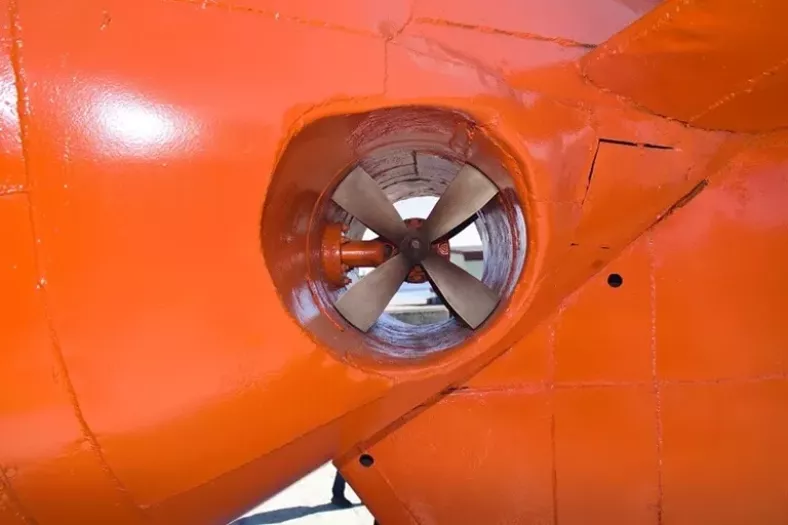

Our rotary position sensor are meticulously engineered to provide unparalleled precision, reliability, and versatility across a wide range of applications. From industrial automation to automotive engineering, aerospace, renewable energy, and medical devices, our sensors redefine measurement excellence with their robust construction, advanced sensing technologies, and seamless integration capabilities. Explore our comprehensive range of rotary position sensors and unlock the potential for unparalleled performance in your applications today.
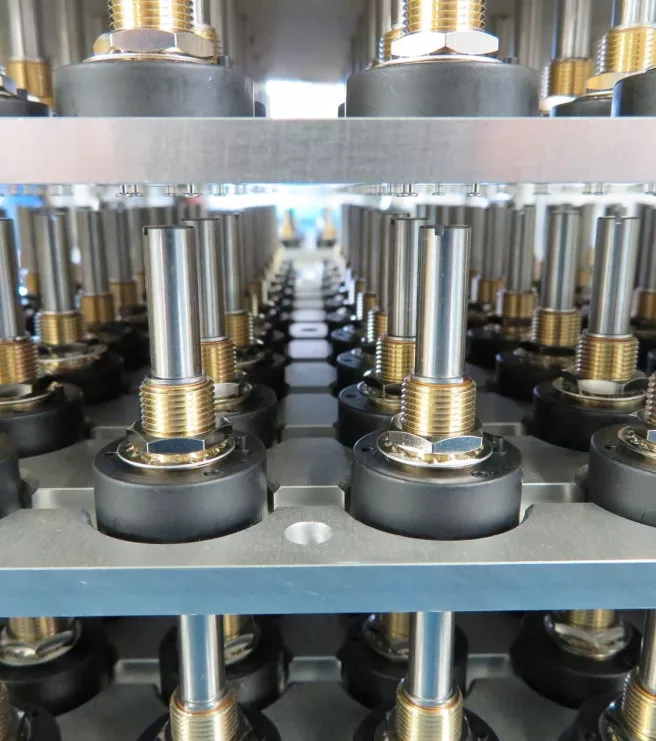
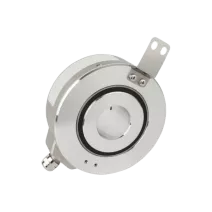
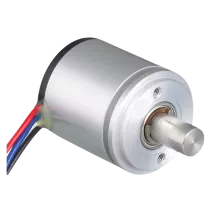
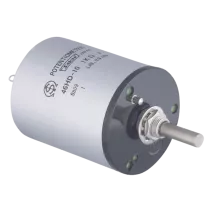
Multi-turn Potentiometers are used to determine position on industrial controls of operating machines and robots and to control motions.
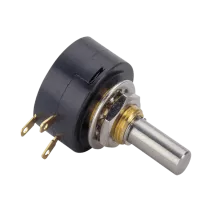
Single Turn Rotation Potentiometers are available in many different (shaft) sizes, housings and resistance ranges.
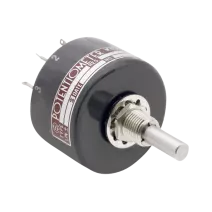
Oil-filled potentiometers are often used in R&D, industrial and maritime applications.
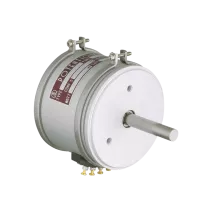
Sin/Cos potentiometers available in both wirewound and conductive plastic. Used for precise detection of Sine-Cosine function voltage.
We offer standard Rotary oosition sensors but can also help you with a customized design or a complete measurement solution.

Motor Potentiometers are servo units that consist of a very precise potentiometer combined with a reduction gear mechanism and a coreless DC motor.
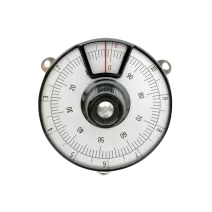
Dial Potentiometers are designed for panel controls where adjustment setting/lock device or a turn indicating device is needed.
In the sphere of precision engineering, where accuracy reigns supreme, rotary position sensors emerge as indispensable tools. At Althen Sensors & Controls, we take pride in offering a diverse array of rotary position sensors that redefine measurement excellence. Let's delve into the essence of these remarkable devices, exploring their unique selling points (USPs) and varied applications.
Rotary position sensors, also known as angle sensors or potentiometers, are pivotal in translating rotational motion into an electrical signal. These sensors meticulously track angular displacement across various applications, ensuring precision, accuracy, and reliability. Compact and easy to design in, our rotary position sensors (potentiometers) provide you with a simple and cost-effective rotational sensing solution. Utilizing advanced sensing technologies such as Hall Effect, optical, or magnetic encoders, these sensors deliver accuracy down to fractions of degrees. They are ready to use and include the sensor, a back-biasing magnet and an advanced signal conditioning IC, all housed in a special multi-chip package.
Althen offers a great variety in types such as Single-turn potentiometers, Multi-turn potentiometers, specials such as Sinus/ cosinus Potentiometers, Oil-filled potentiometers, Motorised potentiometers and a number of Turns-counting dials Potentiometers. Of course we offer many opportunities for customising of nearly all types, both electrically and mechanically, already for small series.

As you navigate through our comprehensive range of rotary position sensors, here are some tips and tricks for engineers to consider, ensuring optimal selection and integration for their specific needs:
Explore our comprehensive range of rotary position sensors at Althen Sensors & Controls and unlock the potential for unparalleled precision and reliability today. At Althen Controls, we take pride in our commitment to exceptional customer support. Our team of experts is ready to assist you in selecting the ideal foot pedal solution tailored to your unique requirements. From product selection to technical guidance, we are dedicated to ensuring your utmost satisfaction.
We offer standard rotary position sensors, but can also help you with customized or tailor-made measurement solutions for your project.